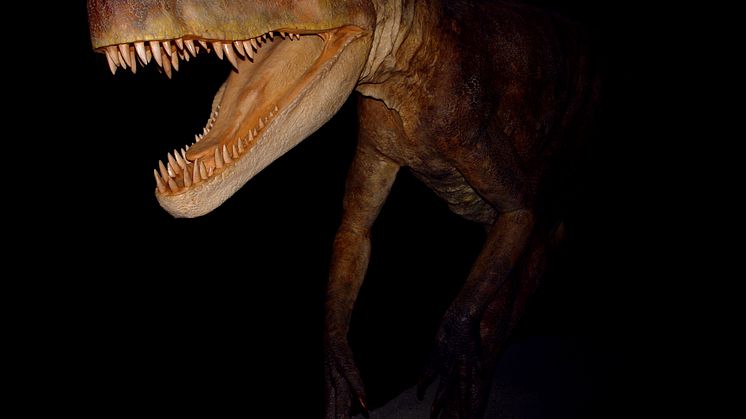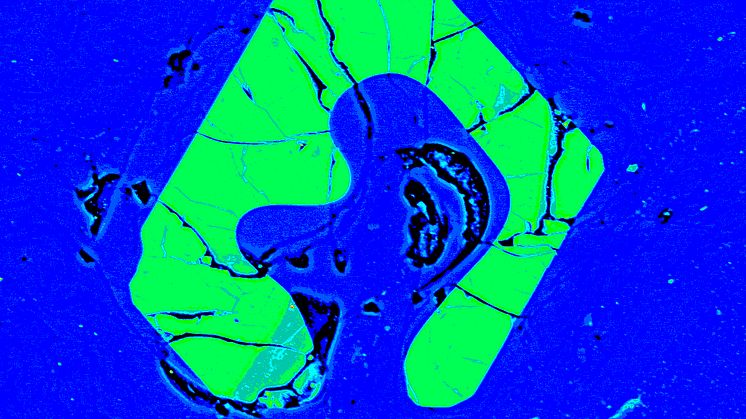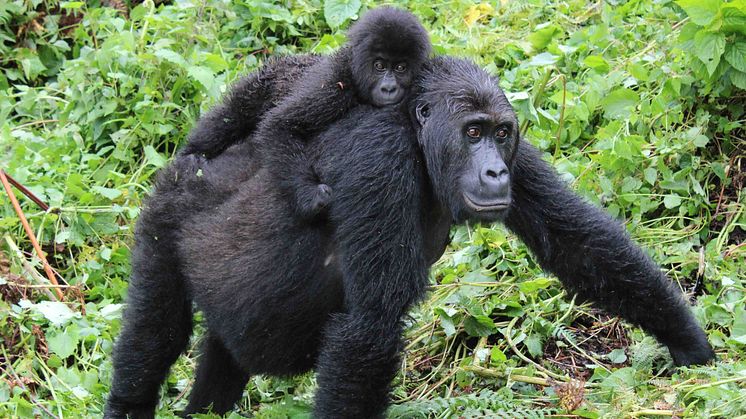New research initiative will power up Europe’s battery revolution
A world moving from fossil fuels to renewable energy will rely more and more on energy storage and in particular on batteries. The Battery 2030+ large-scale research initiative will gather leading scientists in Europe, as well as the industry, to achieve a leap forward in battery science and technology.



